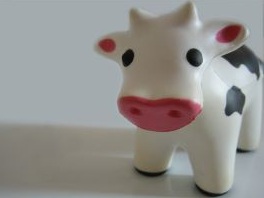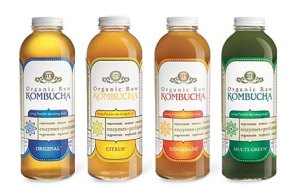 Bokashi is a Japanese term meaning ‘fermented organic matter,’ and what it means for those of us who know about probiotics is a way to compost using bacteria. We spend most of our time here at Probulin concerned with the impact of good bacteria on our bodies and health – it was really cool to find out how those little microorganisms are being used in other ways!
Bokashi is a Japanese term meaning ‘fermented organic matter,’ and what it means for those of us who know about probiotics is a way to compost using bacteria. We spend most of our time here at Probulin concerned with the impact of good bacteria on our bodies and health – it was really cool to find out how those little microorganisms are being used in other ways!
Bokashi means taking a bucket, adding bacteria (usually in the form of purchased bran) and organic waste (think left overs you forgot about in the fridge). You let it sit for about two weeks and you have compost. There’s very little smell to this process, which makes it perfect for apartment dwellers or those who are smell challenged.
There are several websites selling the bran that contains the microorganisms and that talk about how to do this process in your home or even in your office. (One is here. http://www.bokashicomposting.com/) One of the positives of bokashi composting is that it is able to handle egg shells, citrus, meats and other items that don’t work well when you compost with worms.
Research into using bokashi compost has found that the rapid preparation time (just two to four weeks, versus much longer times – even six months – for composting with worms) and the end product’s viability are great resources for your garden.
According to a report found here http://www.reap-canada.com/bio_and_climate_3_4.htm, “ Research with peanut crops has shown that crops treated with Bokashi fertilizer had higher growth rates, increased nodulation and higher yield than crops treated with chemical fertilizer.”
What a great, non-smelly way to use microorganisms to make your life – and our planet – better!
Go with Your Gut,
The Probulin Team









